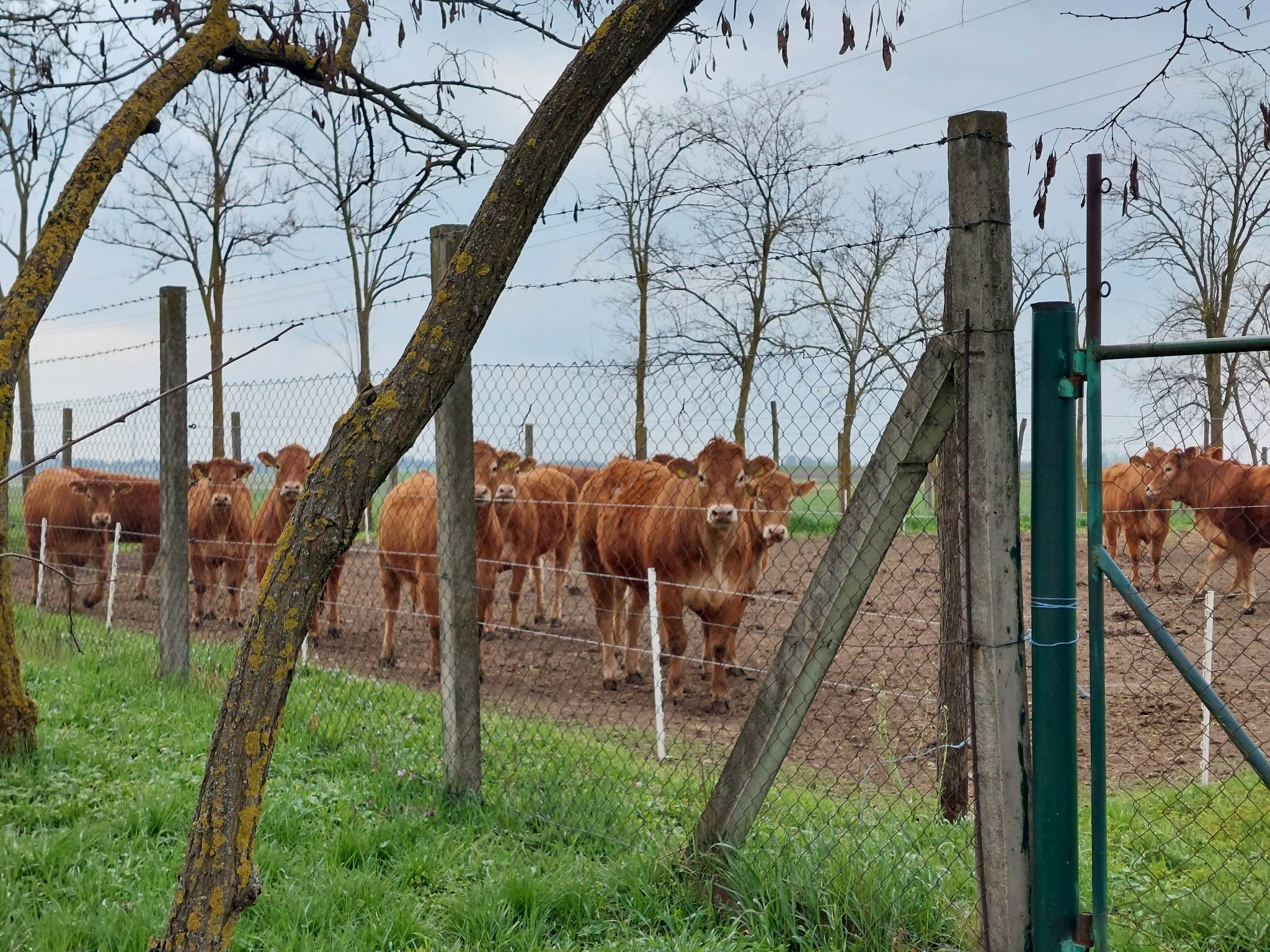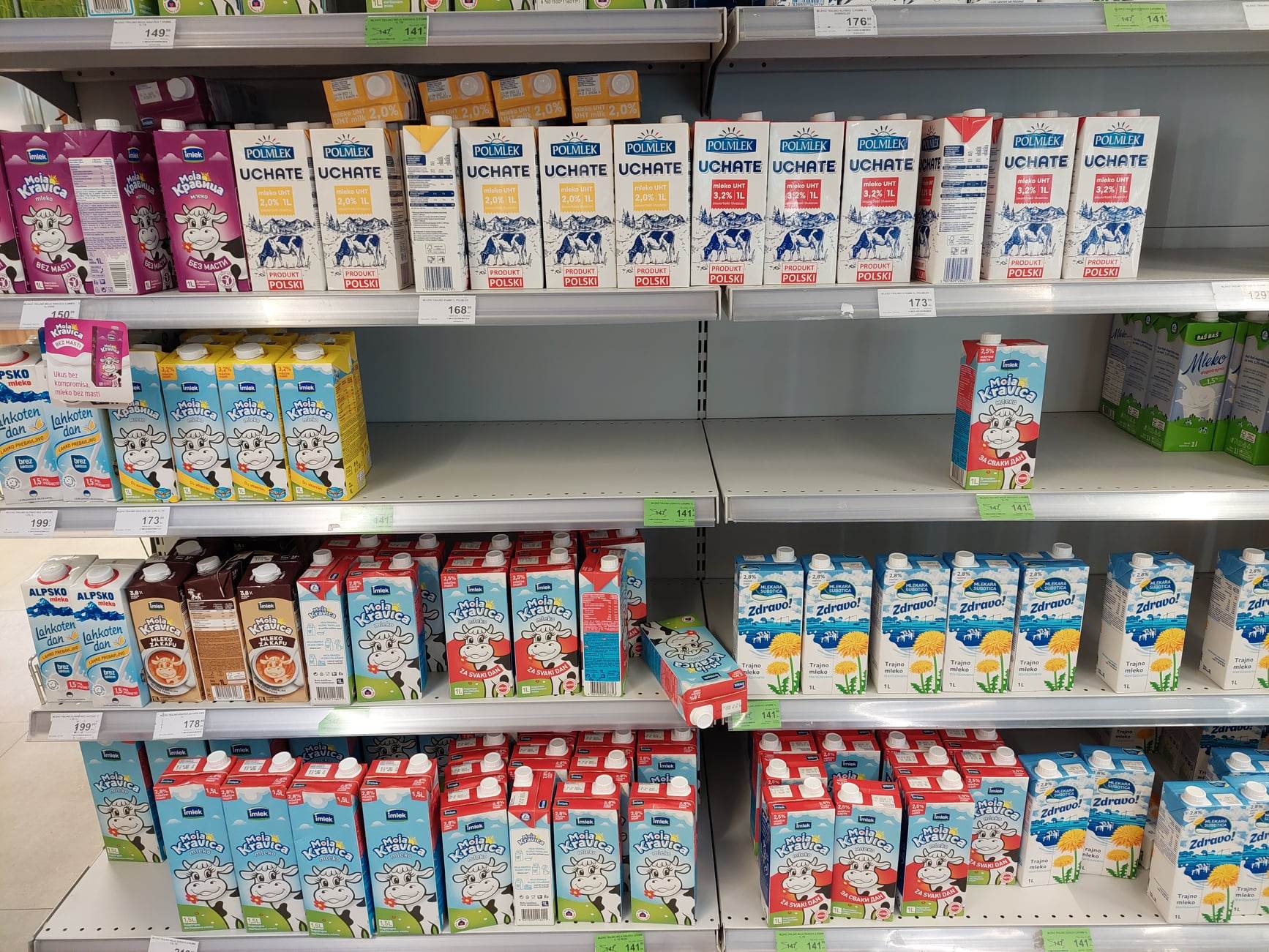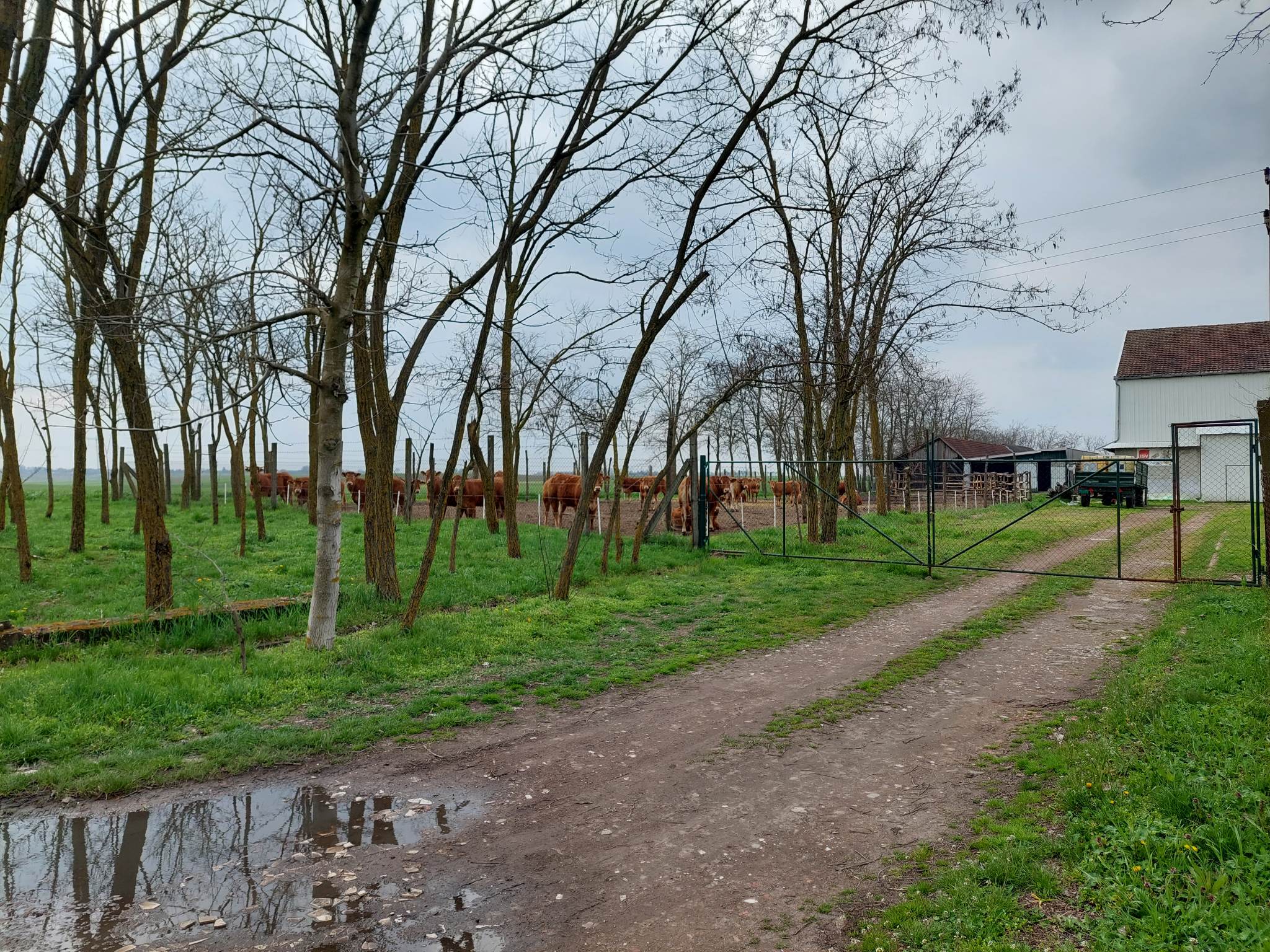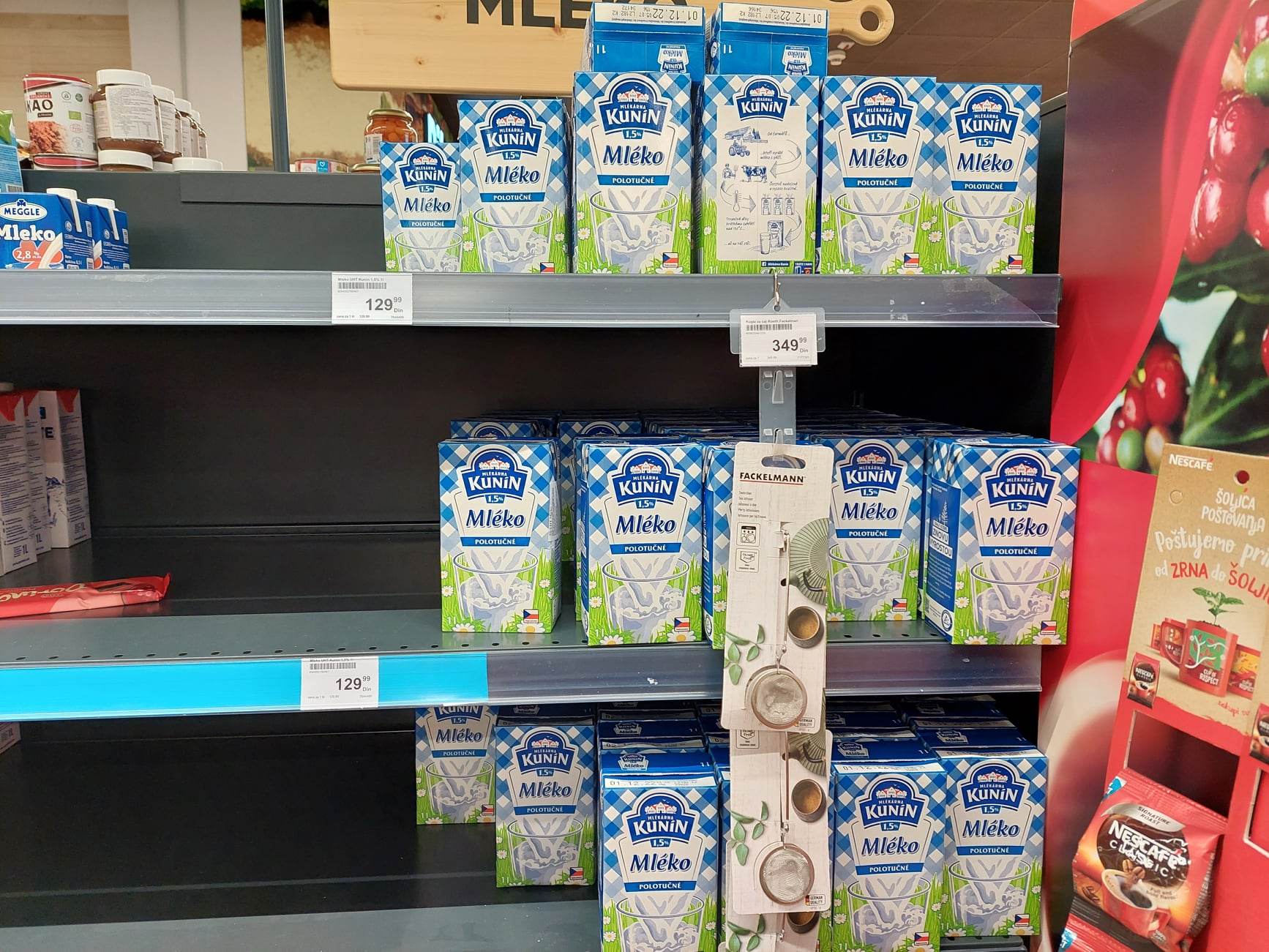
Producers in trouble as milk import grows
As the volume of Serbia's foreign milk import grows, local producers cannot compete with their cheap rivals. Farmers have staged protests all across the country, pouring their milk onto roads or simply giving up animal husbandry. Serbia's introduction of a protective tariff on imported milk is a thorn in the EU's side. The situation cries for a systemic solution, an official from the Chamber of Commerce points out.
Protective tariffs in place to help dairy producers
Serbia introduced an import duty on milk and dairy products at the end of February in order to protect local producers from cheap competition. The government imposed an import duty of 15 dinars, or 13 euro cents, per litre of milk and 30 dinars – or 25 euro cents – per kilogram of imported cheese. The European Commission, however, instructed Serbia to withdraw the measure. In a letter addressed to the prime minister, Brussels pointed out that Serbia’s government had failed to consult with EU bodies before taking the decision, even though it was mandatory under the EU-Serbia Stabilisation and Association Agreement. Nenad Budimovic from Serbia’s Chamber of Commerce points out that the introduction of the protective tariff has not yet brought the expected results, while it may have serious repercussions.
„The European Commission is threatening to take some countermeasures, which may apply to some of our exported agricultural products, such as cereals or fruits, exported apples or raspberries.”
The expert says Serbia must now explain why it changed its position in such a short amount of time regarding milk imports. After last year’s milk shortage, which did justify the imports, the volume of milk coming from abroad must be restricted with the help of a protective tariff. Mr Budinovic points out that the answer is simple and reasonable: it is spring now, when cows yield more milk, and Serbia is able to cover its needs.

Photo: V4NA
Farmers have a difficult year behind them
In 2022, Serbia imported milk and dairy products in the value of more than 200 million euros, more than twice of the country’s 2021 import figures. The sector has been grappling with problems for decades and hit its lowest last autumn, said Nenad Budimovic from the Chamber of Commerce. In response to the food crisis arising in the wake of the Russia-Ukraine war, Serbia introduced an export ban on milk and maximised its price. However, as V4NA, has highlighted in an earlier article, shops have run out of stocks over time and the country began importing milk in a bid to reduce shortages. It was then that the products of mainly Polish dairy factories appeared in Serbian shops. However, in order to protect domestic producers and dairy factories, Serbia finally abolished the official price restriction, and then lifted the export ban in January this year.
Even so, cheap foreign milk remained on the market, which local producers cannot deal with. It is no longer profitable to run a milk production business, according to the farmers, who complain about the low purchase price and high costs, especially the growing price of feed. As farmers find it increasingly difficult to make ends meet, many have begun to explore other sources of income. However, the dwindling domestic production only increases the need to import milk from abroad.

Photo: V4NA
We need a sustainable solution
It is not enough to keep the sector alive with periodic measures, we need systemic changes, the expert at the Chamber of Commerce says.
„It is necessary to improve the genetic stock, the supply of animals, to work on the relationship between producers and processors, and to pay attention to trade, as this is also an important link in the formation of prices,” Mr Budinovic argues.
Farmers, however, are increasingly desperate and they look forward to a systemic overhaul.They are unable to sell the milk they produce at a profit, which trigerred a wave of protests in the country, with producers blocking roads and pouring milk onto the concrete. Their aim is to draw attention to themselves and signal that their work is worthless under the current circumstances.
They were not only spilling their own milk, but in the past few weeks there have been scenes when they splashed the centre of Belgrade with imported milk. An official from the economic chamber said they don’t see the numbers that are putting farmers in such distress, because the purchase contracts – typically concluded between producers and buyers – are not public. At the same time, he called it encouraging that the agriculture ministry is ready to pay a premium for every litre of milk, so long as its quality meets the standards.

Photo: V4NA
Buyers in Serbia currently pay an average of 60 dinars per litre to producers, which is roughly half a euro, but the difference between the prices included in the contract can be as much as 20-30 dinars, mainly depending on the quality. In addition, the country pays farmers a premium of 15 dinars (13 cents) for each litre produced. The price of milk in shops ranges from 90 to 150 dinars, which is between 0.70 and 1.30 euros.

